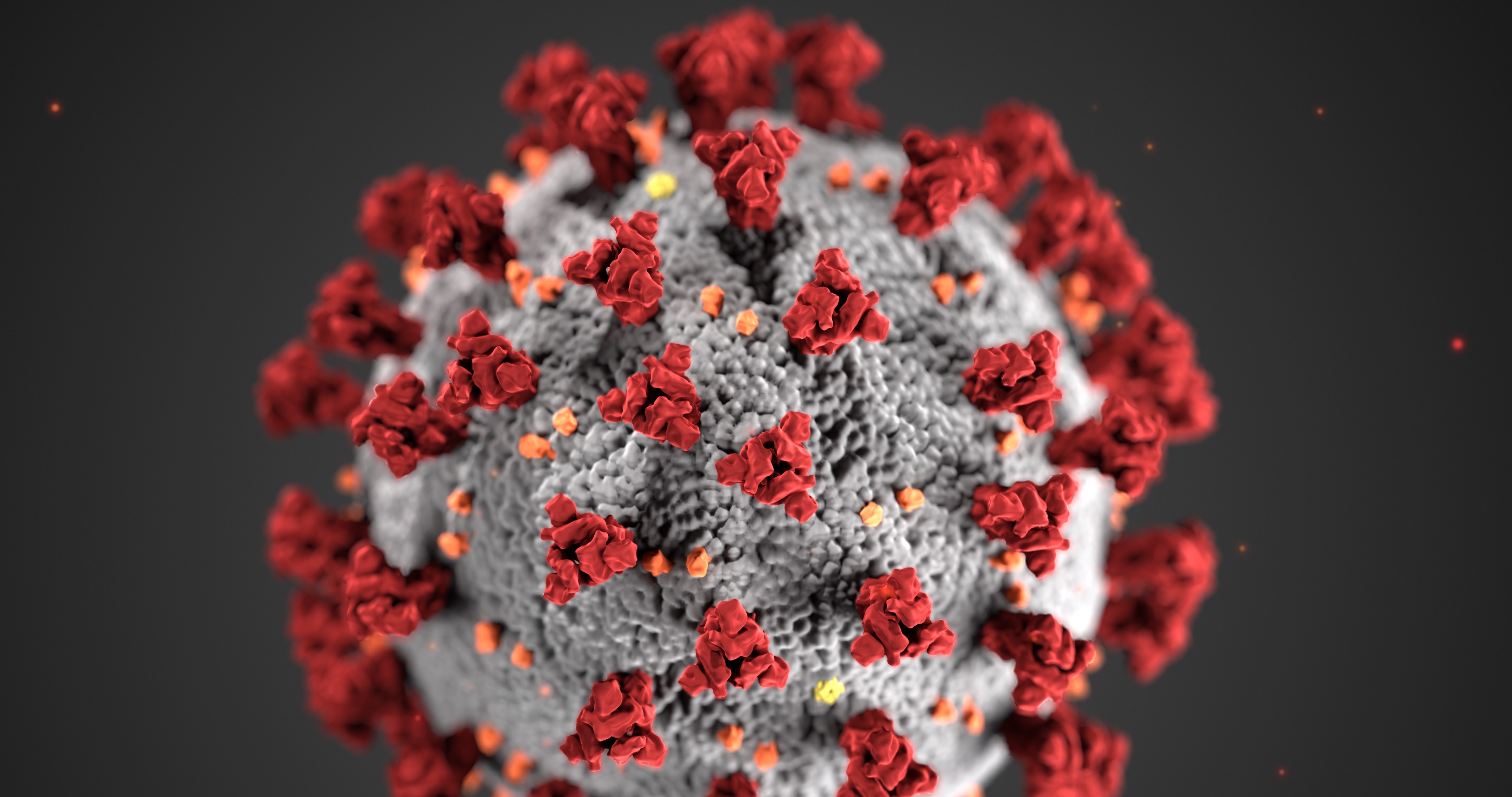
SAN DIEGO, Calif. – The U.S. sea services have yet to feel a major effect from the coronavirus but are keeping a wary eye on its spread, the service chiefs said on Monday.
Coast Guard Commandant Adm. Karl Schultz, Chief of Naval Operations Adm. Mike Gilday and Commandant of the Marine Corps Gen. David Berger outlined how each service was handling the growing outbreaks of the virus that originated in Wuhan, China, during a keynote at the WEST 2020 event cohosted by the U.S. Naval Institute and AFCEA.
So far there hasn’t been a sailor, Marine or Coast Guard member who’s been diagnosed with the spreading coronavirus, the trio said.
Out of the three, the Coast Guard is the closest to the ongoing U.S. government response to the disease, as part of its role nested inside of the Department of Homeland Security, Schultz said.
“We’re intimately involved. About 4,000 ships a month call on the United States. About 750 in the Pacific. We’re screening every one of those ships,” he said.
“Passenger vessels that have less than 14 days (at sea) during that incubation period are being detained at sea. Cargo operations, we’re working with shippers. If there’s a crew member that’s identified [as being infected], we’re working with CDC, we’re working health officials to make sure we’re on top of it.”
For the service itself, the Coast Guard is developing processes for how it would distribute protective equipment and is formulating policy for the event of a wider outbreak of the disease.
“We’re starting to get into the realm here as it’s becoming an increasingly evolving domestic situation,” Schultz said.
The Navy and Marine Corps are taking preventative measures with their troops and continuing to weigh the virus effects on training and exercises globally.
“The coronavirus manifests itself in different ways depending upon the location,” Gilday said.
“What we’re seeing across the combatant commands is a variety of steps that they’re taking. Some more pronounced than others depending upon the location of concentration of the virus.”
For example, ship restrictions announced last week that would keep a ship at sea for 14 days between port calls in the Pacific theater was one geographically specific example of how operations are changing, Gilday said.
“For 6th Fleet out of Naples, we’ve prohibited travel in Northern Italy because of the concentration of the outbreak there. Same thing for certain spots in Asia. We’ve trained our medical personnel to be able to identify the symptoms and then test and then isolate and quarantine until we can confirm it’s an active case,” he said.
“In the Pacific, we’re testing crews before they go to shore. Testing crews before they come back. Putting out guidance with respect to where they go and how long they can be out. At this point, obviously we have not contained the virus from the continental United States, and so we’re trying to mitigate as best we can.”
Berger praised base commanders in the U.S. who had to host quarantined Americans from China at the last minute, including Marine Corps Air Station Miramar, Calif.
For the Marines, the biggest effect so far was curtailing participation in an exercise in South Korea.
“The biggest impact so far has been on the command post exercise in Korea which had to be tailored way back because of the spread of the disease,” Berger said.
“Does that impact readiness? That’s a great question for Gen. [Robert] Abrams, he would be the best judge of that.”
As of Monday, about 90,000 have been infected with the virus worldwide and about 3,000 have died, according to the World Health Organization.





